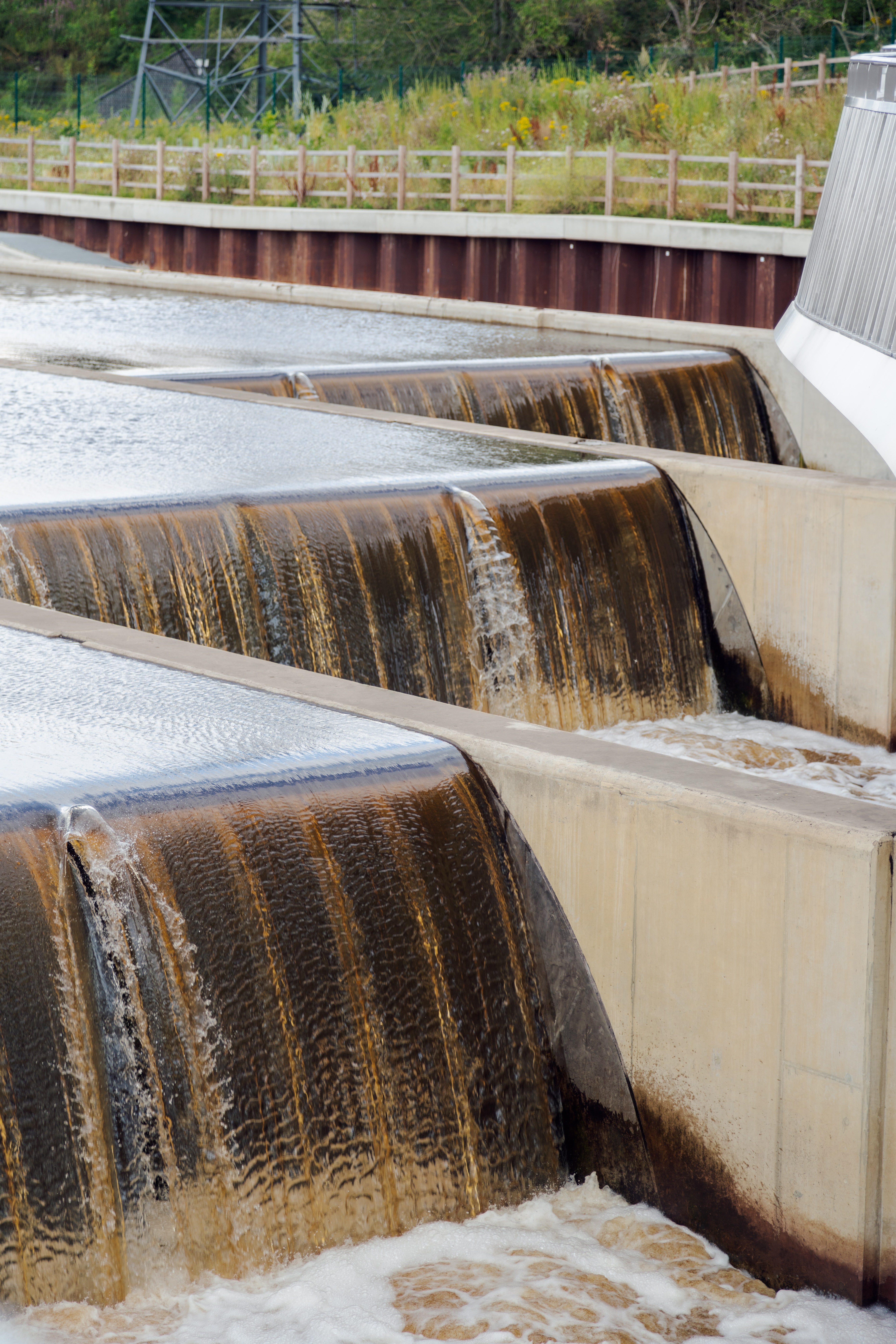
Water is essential for the survival of all life on earth. Yet, water scarcity affects more than 40 percent of the world’s population. Worldwide, one in three people do not have access to clean drinking water and two out of five do not have basic handwashing facilities. The COVID-19 pandemic has shown the critical importance of sanitation, hygiene and adequate access to clean water for preventing and containing diseases. According to the World Health Organization, handwashing is one of the most effective actions you can take to reduce the spread of pathogens and prevent infections, including the COVID-19 virus.
Water is essential not only to health, but also to poverty reduction, food security, peace and human rights, ecosystems and education. This finite resource is undeniably linked to everything we do.
The United Nations (UN) General Assembly designated March 22, 1993, as the first World Water Day, and it has been marked with a different water-related theme every year since then. World Water Day is an opportunity to learn more about water-related issues, take action to make a difference and inspire others to join you. It is also the day the UN World Water Development Report is released, which focuses on the same topic as the campaign and recommends policy direction to decision makers.

This year’s theme is valuing water. As the World Water Day 2021 website states, the value of water is about much more than its price; water has enormous and complex value for our households, food, culture, health, education, economics and natural environment. If we overlook any of these values, we risk mismanaging this irreplaceable resource.
Water is under extreme threat from a growing population, increasing demands of agriculture and industry, and the worsening impacts of climate change. Scientists and engineers have the knowledge and skill set to develop solutions to challenges like the current water crisis we’re facing, but the solutions will require more than just technical proficiency. We need STEM professionals equipped with the fundamental skills and principles of environmental sustainability working collaboratively across sectors.
This is exactly where global efforts like the Engineering for One Planet (EOP) initiative come in. Funded by the Lemelson Foundation and launched in partnership with VentureWell, the EOP initiative seeks to create systemic change by establishing environmentally and socially conscious engineering as a core tenet of the profession. The initiative mobilizes an international community of collaborators and advocates who have the expertise and leadership to institute systemic change in engineering education, and I’m proud to be named as one of the many collaborators on this important project.
At ABET, we don’t just set criteria and monitor programs based on technical proficiencies. Our criteria focus on what students actually learn, with the goal to ensure academic programs meet quality standards that will produce graduates prepared to enter and succeed in the global workforce of tomorrow — one in which complex challenges requiring multidisciplinary solutions are growing ever more present each day.
Developed in collaboration with a community of educators and professionals, the EOP Framework outlines the cross-cutting knowledge, awareness and competence needed to instill environmental sustainability into engineering education. Engineers taught under the EOP Framework will be able to create solutions that minimize environmental impacts and strive to achieve positive outcomes for the planet. The framework is intended to be a tool for organizing and modifying existing curricula and experiences to incorporate core and advanced sustainability competencies tied to student learning outcomes. It also aligns with ABET accreditation criteria and the UN Sustainable Development Goals, including Goal 6: Ensure access to water and sanitation for all.

Communication and collaboration are vital components of any profession, but these often get overlooked in technical fields such as engineering. Engineers can solve problems, but they still need to be able to work across sectors for their projects to come to life. As engineering educators, we have a duty to make sure our students understand social and environmental factors in the communities they serve, and to design with them in mind.
The world’s most pressing challenges, including access to clean drinking water and sanitation, cannot be solved by one person, one organization or one profession. It’s going to take a collective effort among diverse groups and sectors to achieve sustainable solutions.
ABET is comprised of 35 member societies representing over 1.5 million professionals around the world. These member societies set policy, develop strategy and conduct accreditation activities on behalf of their professions. Collaborations such as these benefit all — students, graduates, the employers who hire them and the society they serve.
It always impresses me to see the sustainable initiatives our member societies are encouraging and enacting. Efforts such as ASSP’s Environmental Practice Specialty and ASCE’s Environmental & Water Resources Institute demonstrate some of the ways to involve and promote environmental responsibility across disciplines.
In honor of World Water Day, let’s work together to address complex environmental challenges and make the world a better place. To learn more about joining the EOP Community and becoming a collaborator, email info@engineeringforoneplanet.org.